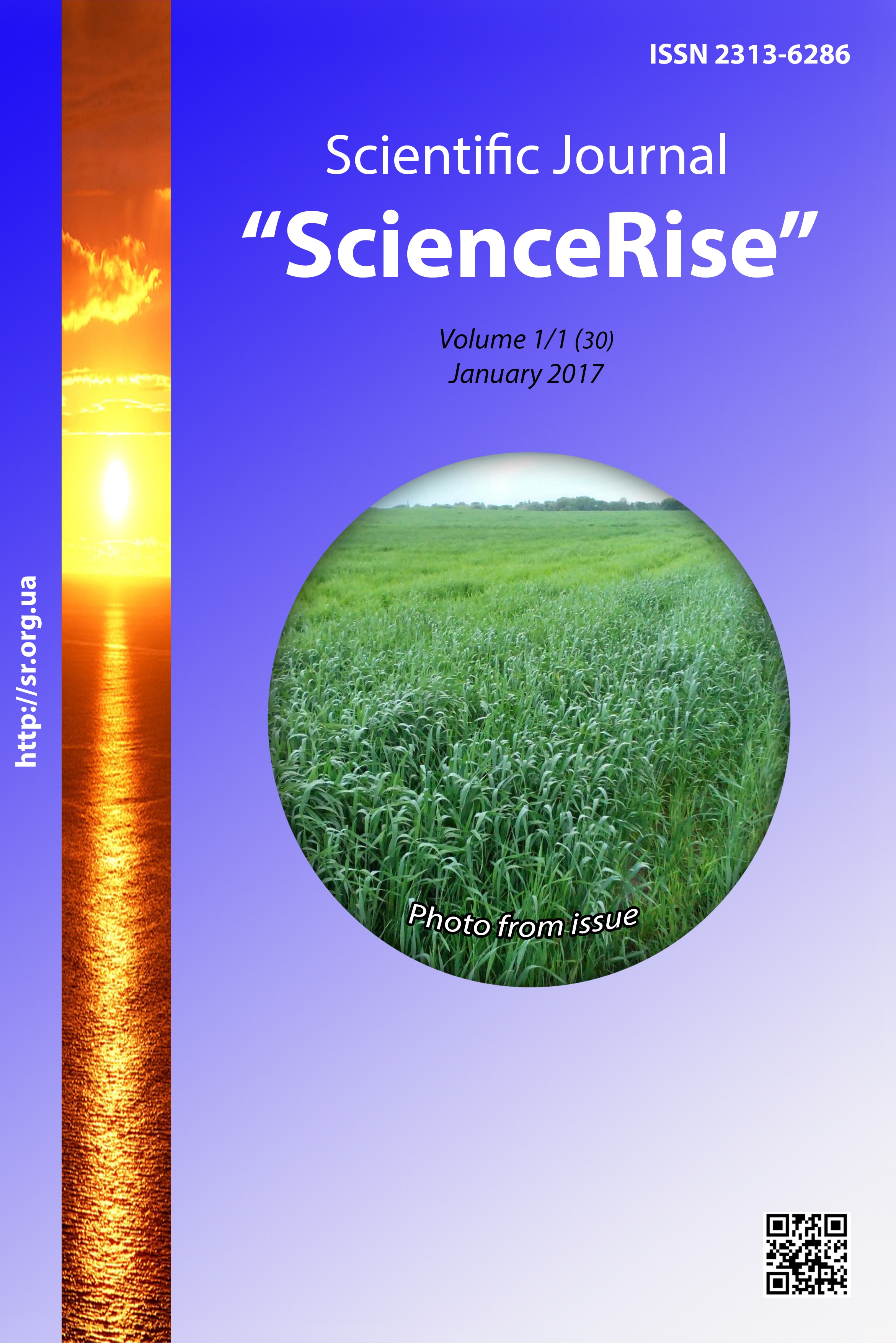Роль лидера в творческих школах
DOI:
https://doi.org/10.15587/2313-8416.2017.86404Słowa kluczowe:
лидер, композиторский профессионализм, композиторская школа, музыкальные цехи, творческое содружество, художественное творчествоAbstrakt
В статье рассматривается роль лидера в йенской «романтической школе»; мангеймской школе, непосредственно подготовившей возникновение классической формы существования симфонии; нидерландской школе с основным признаком – композиторским профессионализмом; нововенской школе. Отмечается сила авторитета школ в музыкантских кругах, всеохватность влияния, принципиальная значимость для становления композиторского искусства. Выделяется творческий, профессионально-творческий и технологический аспект школ
Bibliografia
Geyne, G.; Berkovskiy, N. Ya., Zhirmunskiy, V. M., Metallov, Ya. M. (Eds.) (1958). Romanticheskaya shkola. Leningrad: Iskusstvo, 143–277.
Berkovskiy, N. Ya. (1973). Romantizm v Germanii. Leningrad: Hudozh. lit., 568.
Livanova, T. (1983). Istoriya zapadnoevropeyskoy muzyiki do 1789 goda. Moscow: Muzyika, 696.
Evdokimova, Yu. (1989). Istoriya polifonii. Muzyika epohi Vozrozhdeniya: XV vek. Moscow: Muzyika, 414.
Simakova, N. (1985). Vokalnyie zhanryi epohi Vozrozhdeniya. Moscow: Muzyika, 360.
Gershkovich, F. (1991). O muzyike: Stati. Zametki. Pisma. Vospominaniya. Moscow: Sov. kompozitor, 349.
Vlasova, N. O. (2007). Tvorchestvo Arnolda Shenberga. Moscow: LKI, 528.
Mirskiy, E. M. (1977). Estestvennonauchnaya shkola v sisteme nauchnoy deyatelnosti. Moscow: Nauka, 101–181.
Stravinskiy, I. F. (1971). Dialogi. Vospominaniya. Razmyishleniya. Kommentarii. Leningrad: Muzyika, 414.
Dedusenko, Zh. V. (2002). Ispolnitelskaya pianisticheskaya shkola kak rod kulturnoy traditsii. Kyiv, 208.
Filenko, G. (1983). Frantsuzskaya muzyika pervoy polovinyi XX veka. Leningrad: Muzyika, 231.
##submission.downloads##
Opublikowane
Numer
Dział
Licencja
Copyright (c) 2017 Мария Павловна Калашник, Юрий Михайлович Новиков

Utwór dostępny jest na licencji Creative Commons Uznanie autorstwa 4.0 Międzynarodowe.
Our journal abides by the Creative Commons CC BY copyright rights and permissions for open access journals.
Authors, who are published in this journal, agree to the following conditions:
1. The authors reserve the right to authorship of the work and pass the first publication right of this work to the journal under the terms of a Creative Commons CC BY, which allows others to freely distribute the published research with the obligatory reference to the authors of the original work and the first publication of the work in this journal.
2. The authors have the right to conclude separate supplement agreements that relate to non-exclusive work distribution in the form in which it has been published by the journal (for example, to upload the work to the online storage of the journal or publish it as part of a monograph), provided that the reference to the first publication of the work in this journal is included.

